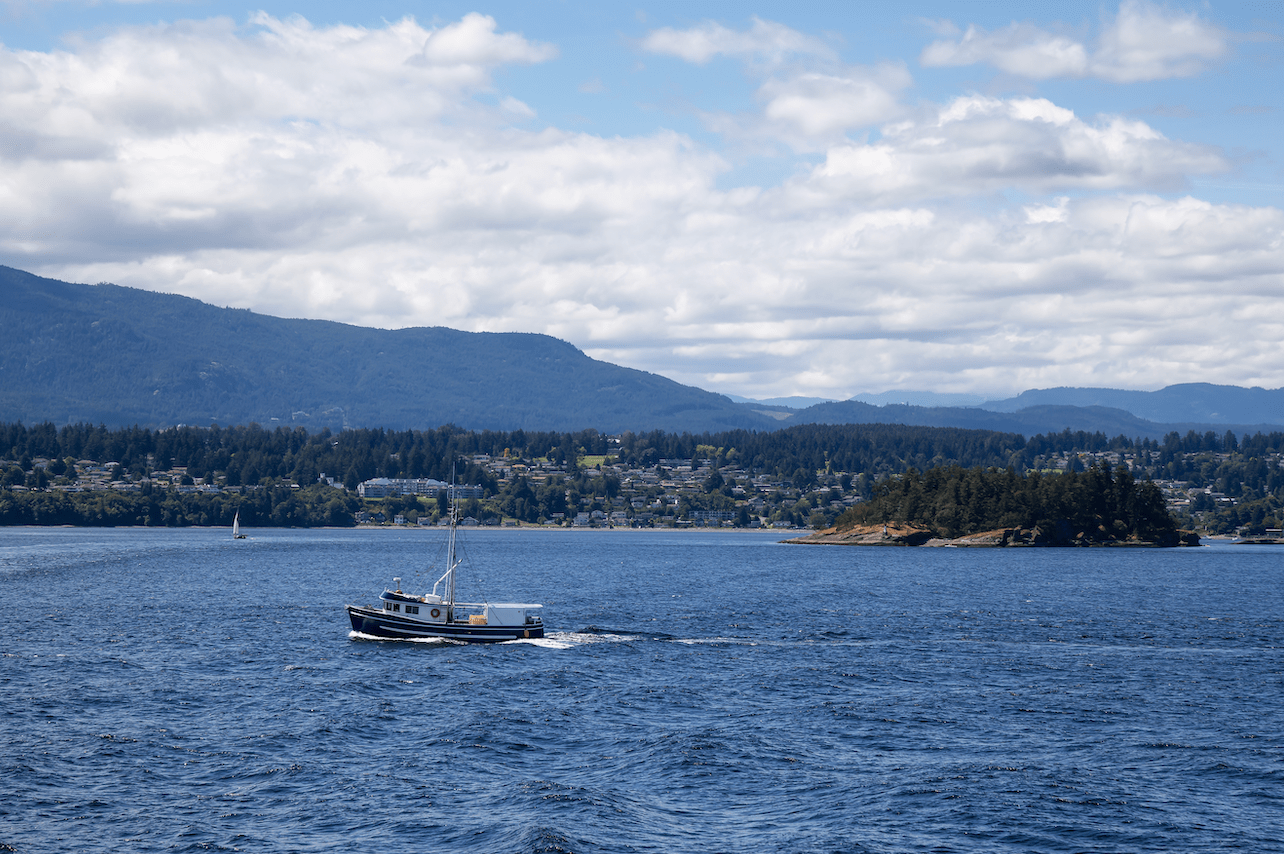COURTENAY – The Island Coastal Economic Trust is marking a decade of impact and change on the Island and Sunshine Coast, and their newly-released Annual Report highlights key results and some of the projects that have revitalized economies across the region.
“2016 is the 10th anniversary of ICET’s founding, and looking back over the nearly $50 million in investments we’ve made, it’s amazing to see the impact on communities,” said Phil Kent, ICET Chair and Mayor of Duncan. “ICET funding has helped to create new jobs, develop new revenue streams, and diversify the economy. We are very grateful to the Province of BC for their vision in creating the model and their trust in our communities, enabling us to set our own priorities and take ownership of our future.”
The 2015/2016 Annual Report features ICET’s financial results, results of programs and initiatives as well as project stories tracking the impacts from a range of perspectives. One of the feature sections in this year’s report highlights projects that support accessible tourism.
“As one example of the different layers of impact ICET funded projects can have, we work with applicants and have targeted policy to ensure that accessibility is a consideration wherever possible,” explained ICET CEO Line Robert. “Several projects we have funded, such as the Elk Falls Suspension Bridge, the Roberts Lake Accessible Trail and Dock and the Inland Lake Trail and Haywire Bay Camp, support accessible tourism, opening up the region’s beauty and outdoor activities to be enjoyed by all visitors, including those with mobility, hearing or visual impairments.”
To honour the work done by the region’s communities, non-profits and First Nations, ICET also released its 10th anniversary report, offering a visual tour of the projects of the past 10 years. The report highlights a decade of investments which have supported the attraction of visitors to our communities and connected our coastal assets to global markets. The report also demonstrates how almost $50 million in regional investment has helped build the foundations for investment attraction, business growth and new development as well as support community planning for the future.
Another impact of ICET’s community driven model, highlighted in the organization’s reports, is the increased level of collaboration amongst the region’s communities and First Nations. One example is the joint planning of economic development initiatives such as the Unity Trail, a project being led by the Village of Tahsis, Zeballos, Mowachat Muchalat First Nation with the participation of other regional stakeholders and First Nations.
This past July, ICET had the pleasure to welcome two new members from the Regional Advisory Committees (RAC), elected to the Board of Directors by their peers. Bill Veenhof, Chair of the Regional District of Nanaimo was elected from the Central-South Island RAC, and Port McNeill Mayor Shirley Ackland is the newly elected representative from the North Island Sunshine Coast RAC.
“On behalf of the Board, I’d like to welcome Mayor Ackland and Bill Veenhof, and thank the outgoing members, Mayor Bill McKay of Nanaimo and Mayor Michael Berry of Alert Bay, for their service,” said Kent. “The dedicated input and commitment of these locally elected officials is one of the key factors which contributes to the success of this grassroots model.”

